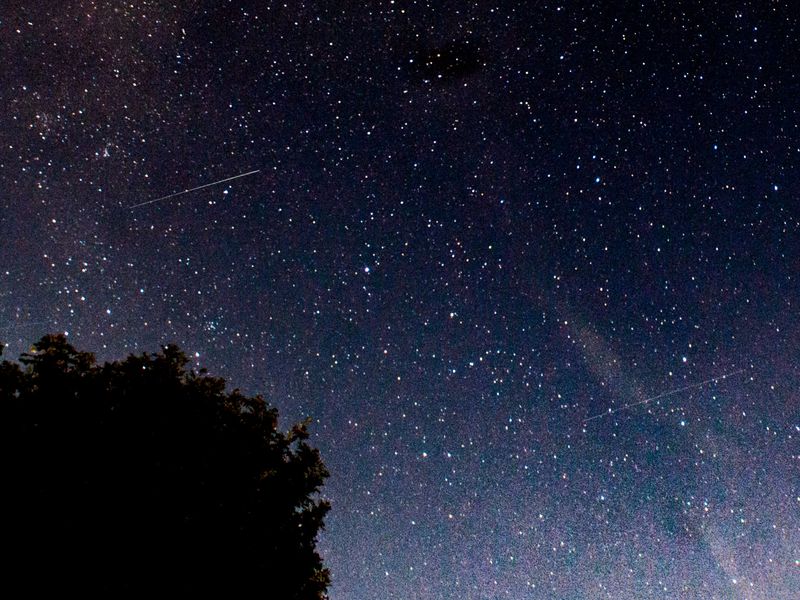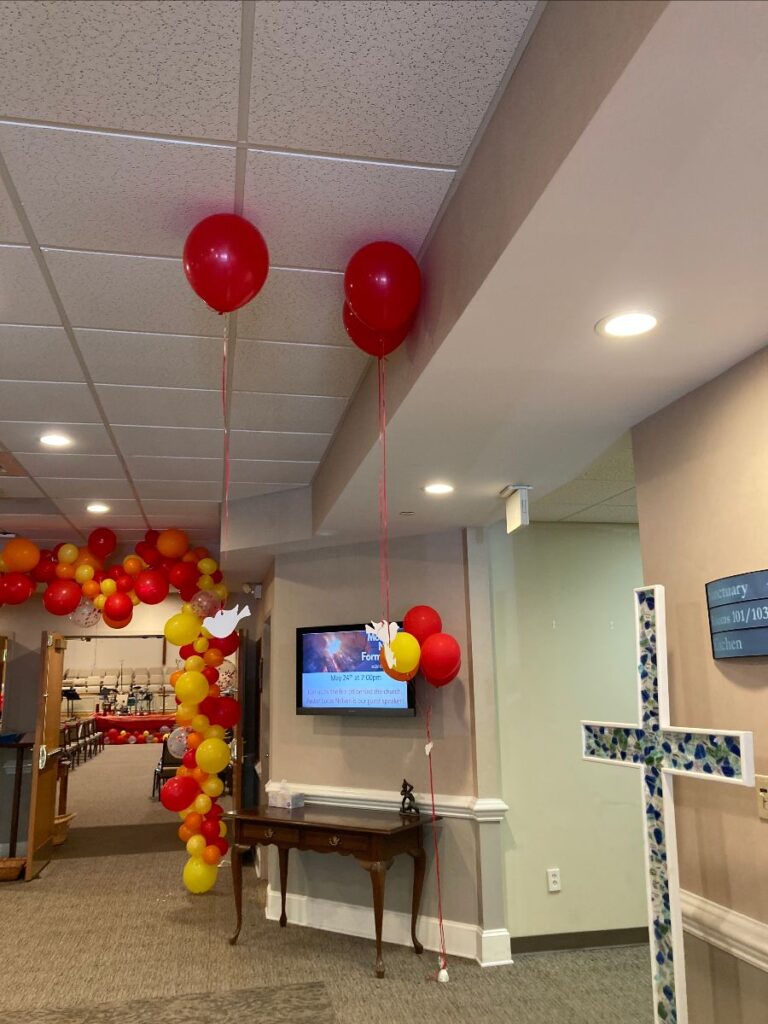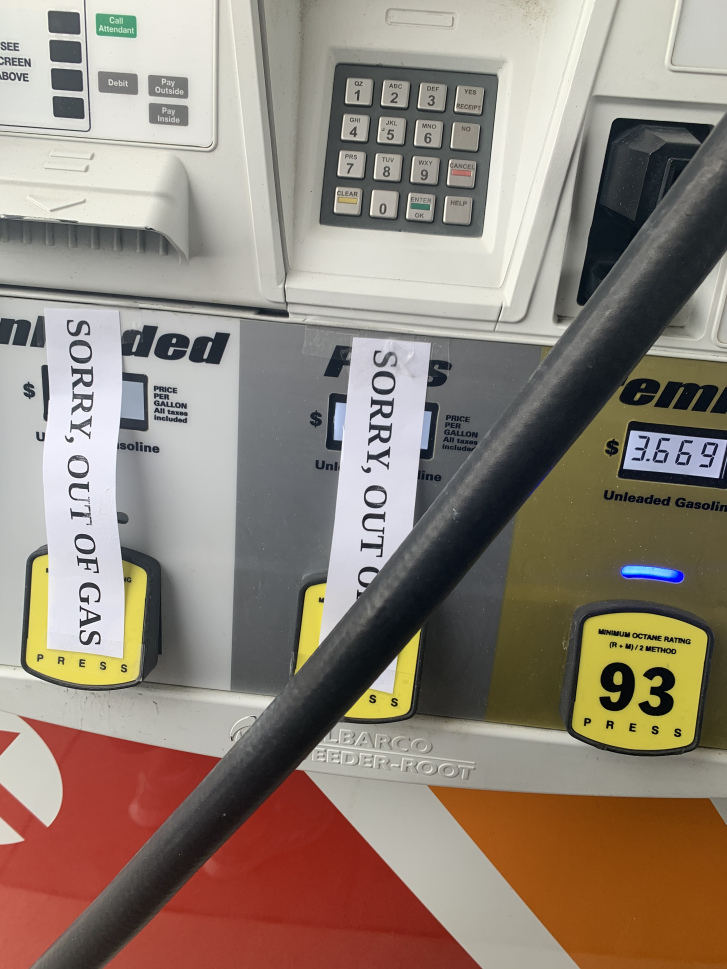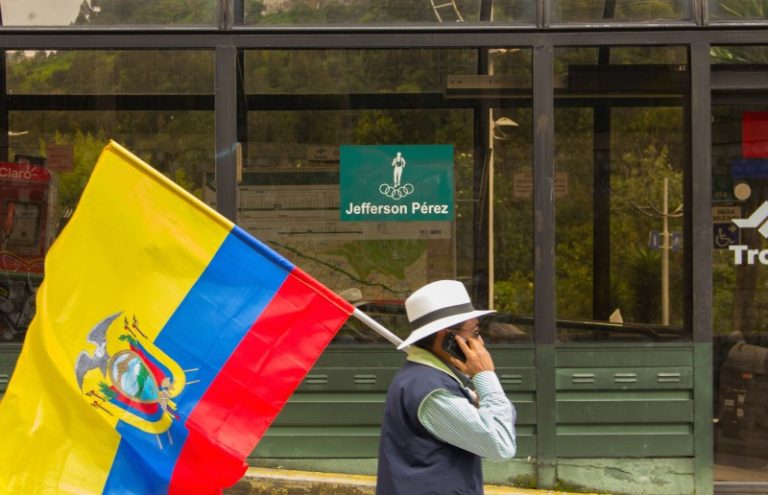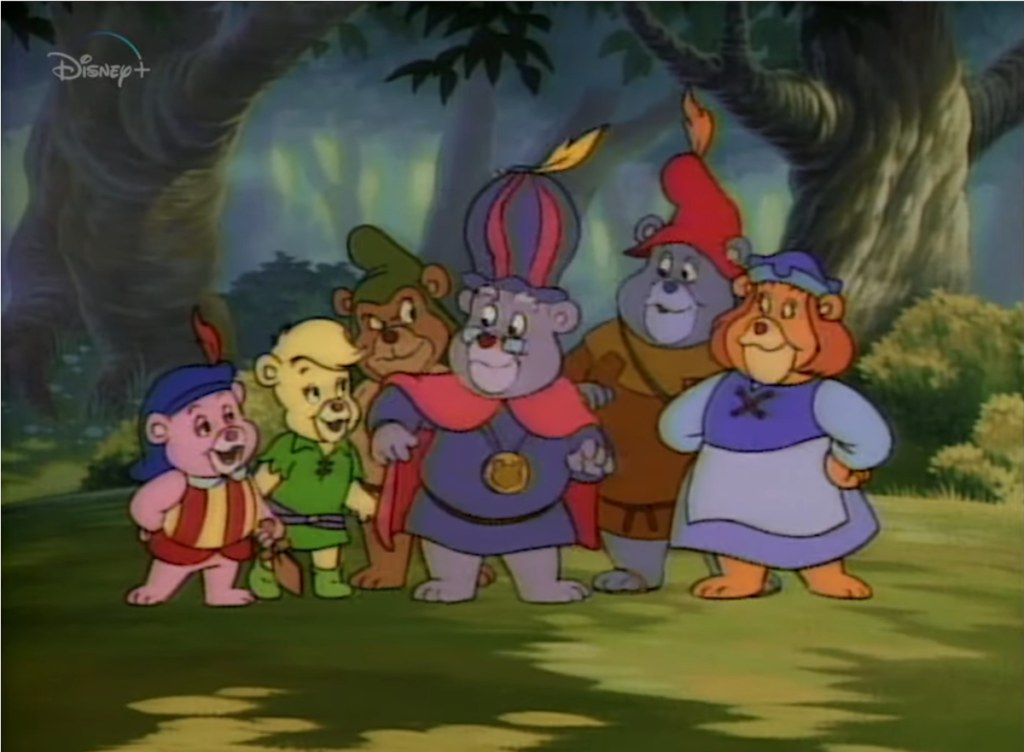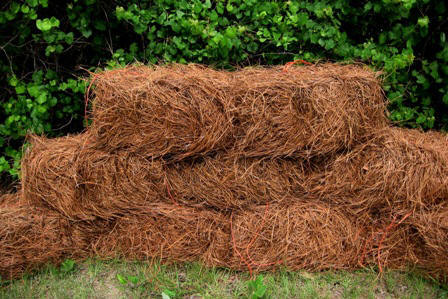This will be my first post in a long time that isn’t copied directly from a devotional I’ve written for some other publication. And aside from that it’s my first post in a long time. But my motivation is the usual one: I’m in Ecuador.
I’m here on a Vision Team with Education=Hope, and this is the first time I’ve been back here since March 2019. I use the word “back” very loosely, but I’ll come to that.
Tonight at debrief, Cameron asked us to do a very simple exercise, one that I’ve done many times and led many times. She wanted us to think of three words to sum up our day, and our experience on the ground so far. I admitted when it came around to me to share that my words were going to be a bit of a weird set, even by my standards. While other people in the circle chose words like “tired” or “friendship” or “new,” the three words I chose were “heart, lungs, and stomach.”
I had some literal reasons for each of those words. I can feel the toll that travel, long days, and altitude are taking on my not-as-young-as-the-last-time-I-did-this corporeal form. My heart was pounding by the time I reached the top of the basilica steps. I tried to turn around and talk to Jon Tschanz when I reached the clock tower and I needed to catch my breath first. I’m full of Fruteria de Monserrat empanadas and Mameche’s seco de pollo. Just going about my day is going to change my heart rate and my breathing and my appetite, much more so than going about my typical day in Raleigh, North Carolina, and much more than when I lived here and had adjusted to my environment more than is allowed in a 6-day stint. But it was really the metaphorical ways I think about my physical reactions that got me to describe my day with organs.
Lungs and Stomach
It’s work to breathe here, between altitude and and Quito air pollution. I’m aware of my breathing in ways that I am not when I am at sea level. But I recently taught my Confirmands a lesson about the Holy Spirit in which we talk about the Hebrew word for “spirit,” which also means “breath” or “wind.” Being aware of my breathing also makes me aware of all the ways I can soak in God’s spirit, and hopefully that reminder goes back with me even to sea level.
It’s also work to decide what to consume here. I have to be careful not to upset my gringo stomach with Ecuadorian water. Only purified water and food that has been washed in it are safe. But oh, how Ecuadorian food does make me happy. Llapingachos, pinchos, drinkable yogurt, mora (blackberry) flavored everything, juices and coladas and coffees, empanadas, quimbolitos, Coca-Cola with sugar, all of these are favorites, and they take me back to favorite times I have spent here.
Heart
During Partnership Orientation tonight, I got an alert from my Apple Watch: Your heart rate exceeded 120 BPM while you seemed to be inactive. I sent a screenshot of the message to a friend immediately, and told her that I now had data to back up why I became a missionary in the first place. I have heard Partnership Orientation dozens of times. On many nights like tonight, I’ve heard Cameron give it. I’ve heard it from people I love and who have taught me. From Dana, Bryan, Sarah, Christy, Laura, Manuel, Dani, Chelsea and probably others. I’ve given Partnership Orientation before, to Quito Quest teams and to E=H teams and to my own youth groups in Elizabeth City and Raleigh, to a North Carolina Conference youth mission team, to youth workers in Moorehead City and in Cary. After all that over 16 years, I have empirical evidence that it still gets to me.
Partnership Orientation is about how we judge success in missions. It’s about recognizing that a short-term mission is about more than the brief, on-field aspect to this whole big investment, about more than the people with the suitcases on the “trip,” about people over projects, about what God calls each and all of us to, and about bearing fruit that will last. And in a 55-minute presentation, that’s a lot. Hearing Partnership Orientation for the very first time in 2007 (in this very building, in fact… our vision team is staying in Hostel Jireh, a.k.a. Hostel Bosque, where 14 of us from CEC and FUMC stayed), it made me reevaluate the short-term missions I had done before. It made me think about the successes of relationships formed over late night oreos and van rides with a bunch of high schoolers in Bluefield, West Virginia when I was 16, or the absolute failure of a host to see that a crying child clinging to me was more important than sticking to the schedule on a good but painful trip when I was 17 in Cape Charles, Virginia. But in that revelation, I was able to see the long-term impact of those trips (and try as we might not to use the word “trip” around here, that’s absolutely what those were). They way Pastor Clyde wanted to make sure that the kids in his congregation got it. The way I came to realize that Julie Robinson is probably the best pastor I’ve ever had. How that grumpy teenager too caught up in his own self-importance to verbalize all the questions and doubts he had about faith that year would be someone she felt was worth inviting to Ecuador four summers later.
Hearing Partnership Orientation the first time also made me take very seriously the work we were asked to do on that team, and the opportunities to build relationships that were offered. I prayed long and hard when I was asked to be Luis’s godfather at his confirmation. I externally processed at nightly debrief (even though I made Deborah Hunt stare me down most nights before I would talk). And when Edla asked me on day 11 if I thought I would come back, I told her I had no idea where I was going to be the following January. But I knew where I would be next July. And it turned out I was back even sooner for my first stint as a Quito Quest host.
Hearing Partnership Orientation tonight took me back to all of that. And it made me look around the room and wonder if anybody else had the reaction tonight that I did 17 years ago. And it made me wonder what my fruit would be from this particular experience, and that we’re never really Called “back” anywhere, but we get to go “forward,” even “forward home” with new knowledge and experience and relationships and love being added to who we are as we go where God sends us.

